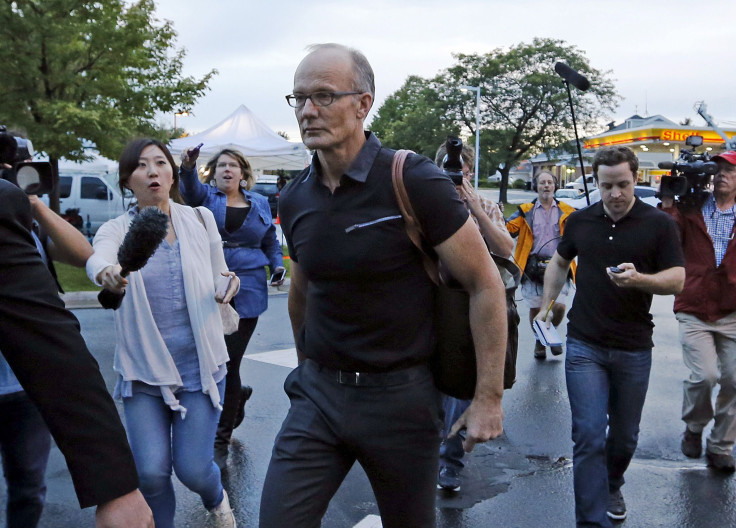Cecil the lion’s killer ‘legally authorised to conduct the hunt,’ to visit Zimbabwe with no charges

Walter Palmer, the American dentist who killed Cecil the lion, will not be charged because he was legally authorised to conduct the hunt. The government of Zimbabwe announced on Monday that it will not charge Palmer because of the legal papers he had when he came into the country to hunt in July.
A global controversy sparked in July, involving Palmer, conservationists and the public because of the sudden death of Cecil, the prized lion of Zimbabwe. Palmer, a hunter from Minnesota, had killed Cecil with his hunting party with a bow and arrow outside the Hwange National Park in Western Zimbabwe.
Reuters quoted Zimbabwe Environment Minister Oppah Muchinguri-Kashiri as saying that upon the investigation of Cecil’s death, Palmer was found to have arrived in the country with all his papers in order, which has been proven by the local police. Palmer will still be allowed to visit Zimbabwe as a tourist, but he will no longer be allowed to get the required permits to legally hunt in the country.
The environment minister's announcement immediately angered the conservation group Zimbabwe Conservation Task Force, who first reported Cecil’s death. The group claims that Palmer had committed a crime, and they plan to pursue legal action against the dentist in the US.
"The fact is the law was broken," said Johnny Rodrigues, head of the Zimbabwe Conservation Task Force. "We are going to get our advocates in America to actually see what they can do to bring justice to him."
The conservationists reported that Cecil was killed in July after being lured out of its protected habitat. The killing has triggered international outrage with campaigns launched against Palmer and the hunting of wild animals, which forced the dentist to temporarily close his dental clinic in Minnesota.
There was also widespread criticism on social media against the killing, and demonstrations by animal rights advocates in front of Palmer’s office. However, the clinic reopened in August, and Palmer returned to work in September with some support from his patients.
“I had no idea that the lion I took was a known, local favourite, was collared and part of a study until the end of the hunt,” Palmer said after he was publicly identified as being involved with Cecil’s death. “I relied on the expertise of my local professional guides to ensure a legal hunt.”
Contact the writer at feedback@ibtimes.com.au or tell us what you think below.






